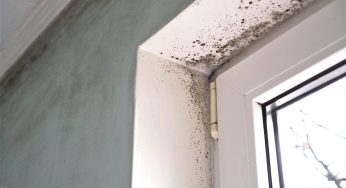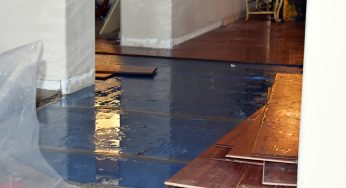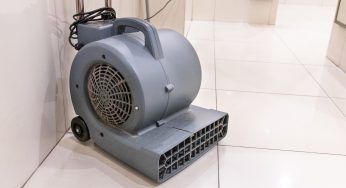Mold is a type of fungus that can grow both indoors and outdoors. It’s often found in damp or wet areas, such as bathrooms, kitchens, basements, and laundry rooms. Mold releases spores, which are tiny particles that can cause respiratory problems, such as asthma, in some people.
Mold spores can cause asthma attacks in people who are allergic to them. In people with asthma, mold spores can trigger an asthma attack by irritating the airways. Mold spores can also cause asthma in people who don’t have the condition.
There are several types of mold, and not all of them cause asthma. The most common type of mold that causes asthma is called Alternaria. Other types of mold that can cause asthma include Aspergillus, Cladosporium, and Penicillium.
If you have asthma, it’s important to avoid exposure to mold. Some people with asthma are more sensitive to mold than others. If you’re exposed to mold, you may have a mild asthma attack, or your asthma may get worse.
If you think you’re having an asthma attack, sit up straight and take slow, deep breaths. If you have an inhaler, use it. If your symptoms don’t improve, call 911 or your doctor.
There are several things you can do to prevent mold from growing in your home. Keep your home clean and dry, and fix any leaks or other sources of water. Ventilate damp areas, such as bathrooms and laundry rooms. Use an air conditioner or dehumidifier to keep the air in your home dry.
If you have asthma, it’s important to talk to your doctor about ways to prevent mold exposure. You may need to take special precautions, such as using a HEPA filter in your home, to avoid exposure to mold.
https://www.aaaai.org/conditions-and-treatments/asthma/exposure-to-mold
https://www.lung.org/lung-health-and-diseases/lung-disease-lookup/asthma/living-with-asthma/preventing-asthma-attacks/mold
https://www.mayoclinic.org/diseases-conditions/asthma/expert-answers/asthma/FAQ-20058464







